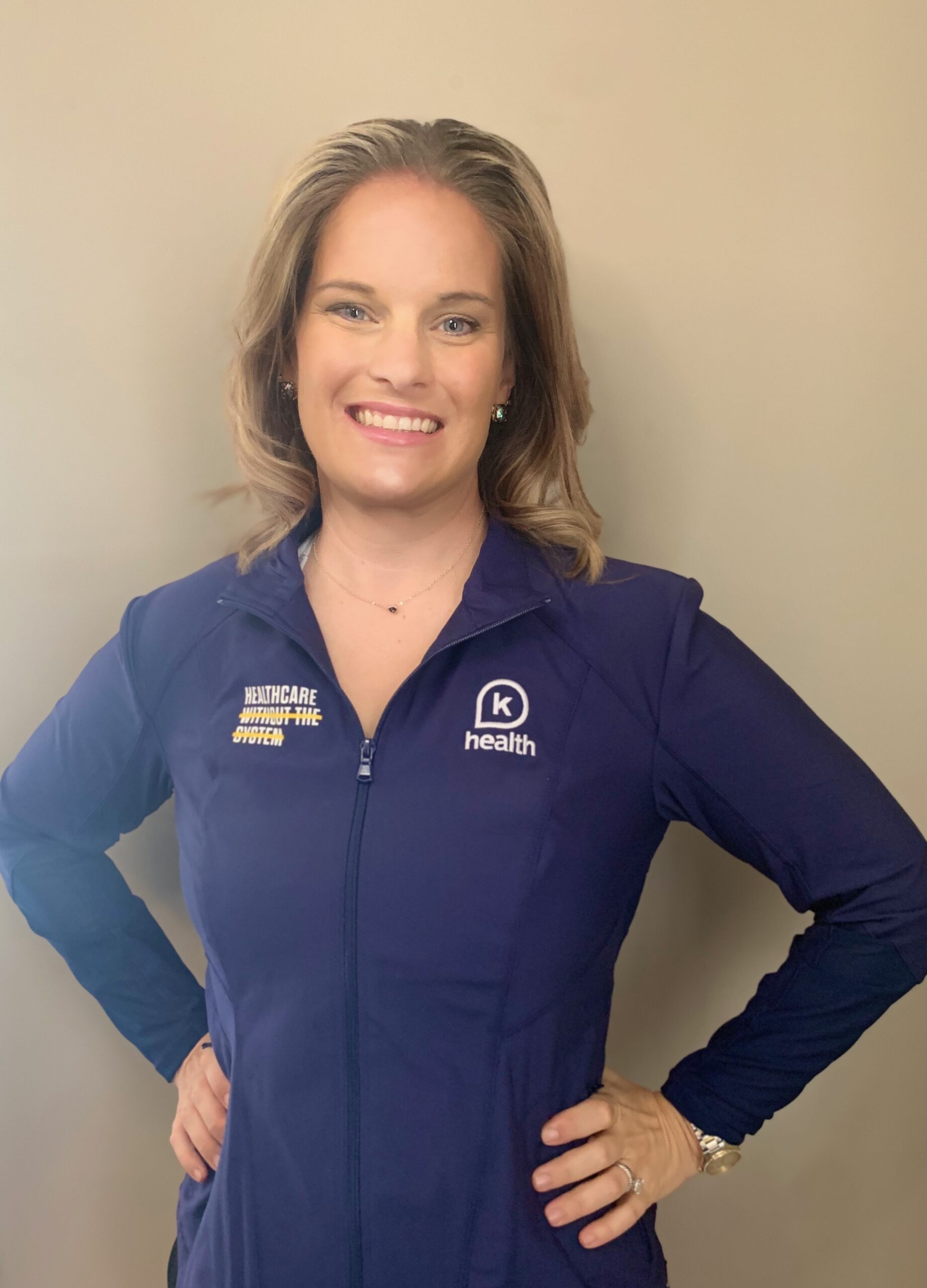Diarrhea can be extremely uncomfortable and embarrassing, striking unpredictably and at the worst times.
While most causes of watery stools may improve on their own, some home remedies can provide relief fast.
In this article, we’ll discuss over-the-counter (OTC) medications and natural treatments for diarrhea.
We’ll also cover common causes and when to seek medical care.
OTC Treatment
In most cases, diarrhea resolves on its own without treatment.
Still, the following OTC medications can help alleviate symptoms and relieve diarrhea sooner:
- Bismuth subsalicylate: Sold as Kaopectate, Pepto-Bismol, and store brand generics, this medication stabilizes how fluids move through the digestive tract. It can quickly stop diarrhea.
- Loperamide: Available under the brand name Imodium and store brand generics, this medication slows down how quickly things travel through the digestive system, which lets the body absorb more fluids. This can have a quick effect on loose stools.
See a doctor online.
Start my visitNatural Treatments
In addition to or instead of over-the-counter medicines, there are several natural treatments for diarrhea.
Fluids
While diarrhea may seem like it occurs because of an excess of fluids, it actually can have a dehydrating effect on the body.
So when you have diarrhea, drink 8-10 glasses of clear fluids such as water, herbal tea, and some juices daily.
Avoid carbonated drinks, coffee, alcohol, and prune juice since these can irritate the intestines.
BRAT diet
The BRAT diet is used to soothe an irritated GI tract.
It may also help address causes of diarrhea.
BRAT stands for:
- Bananas
- Rice
- Applesauce
- Toast
The blandness of the foods helps ease symptoms like nausea, while the starchy, low-fiber nature of the foods helps absorb fluids without further aggravating the intestines.
Other foods that work on a BRAT-type diet include clear soup broth, plain soup noodles, saltine crackers, and plain potatoes (not chips or French fries, which are greasy).
Probiotics
Probiotics are the beneficial bacteria that colonize the large intestine.
At times, the gut microbiome can become unbalanced due to bacterial infection, antibiotics, or other related problems.
Taking probiotic supplements or eating foods that contain probiotics might support intestinal health and decrease the length of diarrhea episodes.
The probiotic strains that may be helpful for diarrhea are:
- Saccharomyces boulardii
- Lactobacillus rhamnosus
- Lactobacillus reuteri
- Lactobacillus casei
- Bifidobacterium lactis
Although fermented foods like miso, sauerkraut, kimchi, yogurt, and kefir contain probiotics, they may be harder to digest than a probiotic supplement when you have diarrhea.
Cut back on dairy products
Dairy products have beneficial nutrients, but they can also irritate the gastrointestinal lining.
This is especially true for people who have lactose intolerance.
Avoid milk, ice cream, cheese, and other dairy products until diarrhea resolves.
Avoid alcohol and caffeine
Alcohol and coffee are stimulants and can worsen diarrhea by increasing a laxative effect.
Instead, drink plenty of water and clear fluids like herbal tea, clear broth, or apple juice when you have diarrhea.
Chamomile Tea
Chamomile tea is a popular remedy for nausea and may also be soothing for diarrhea because it has a calming effect on the gastrointestinal system.
What Is Diarrhea?
Diarrhea occurs when bowel movements become too loose or watery and happen at a rapid frequency.
Diarrhea is very common and almost always resolves on its own.
It is usually accompanied by other symptoms such as nausea, intestinal cramping, bloating, and urgency.
Common Causes of Diarrhea
Diarrhea can be caused by many different things, including:
- Viral gastroenteritis (stomach flu) or other viral infections
- Bacterial infections (food poisoning or food-borne illness)
- Parasite infections from drinking contaminated water
- Antibiotics
- Chemotherapy drugs and other cancer treatments
- Food allergy
- Food intolerance or sensitivity
- Artificial sweeteners
- Sugar alcohols
- Crohn’s disease or ulcerative colitis (types of inflammatory bowel disease)
- Irritable bowel syndrome (IBS)
- Celiac disease
See a doctor online.
Start my visitWhen to See a Medical Provider
See a qualified healthcare provider if you:
- Have diarrhea for more than 3 days
- Show signs of dehydration
- Can’t keep fluids down
- Can’t urinate
- Feel dizzy or lightheaded
- Develop a fever above 102º F (38.9º C)
- Have severe abdominal cramping or pain
- Have bloody or tarry black stools
How K Health Can Help
Did you know you can access online urgent care with K Health?
Check your symptoms, explore conditions and treatments, and if needed, text with a healthcare provider in minutes.
K Health’s AI-powered app is based on 20 years of clinical data.
Frequently Asked Questions
K Health has strict sourcing guidelines and relies on peer-reviewed studies, academic research institutions, and medical associations. We avoid using tertiary references.
-
Diarrhea. (2021).
https://www.ncbi.nlm.nih.gov/books/NBK448082/ -
Bismuth subsalicylate. (2016).
https://medlineplus.gov/druginfo/meds/a607040.html -
Loperamide. (2018).
https://medlineplus.gov/druginfo/meds/a682280.html -
When you have diarrhea. (2019).
https://medlineplus.gov/ency/patientinstructions/000121.htm -
Eating, diet, and nutrition for diarrhea: What should I eat if I have diarrhea? (2016).
https://www.niddk.nih.gov/health-information/digestive-diseases/diarrhea/eating-diet-nutrition -
Probiotics for infectious diarrhea. (2003).
https://www.ncbi.nlm.nih.gov/pmc/articles/PMC1773578/ -
Saccharomyces boulardii: What Makes It Tick as Successful Probiotic? (2020).
https://www.ncbi.nlm.nih.gov/pmc/articles/PMC7344949/ -
Acute diarrhea. (2017).
https://www.ncbi.nlm.nih.gov/pmc/articles/PMC7148607/ -
Bacterial diarrhea. (2022).
https://www.ncbi.nlm.nih.gov/books/NBK551643/ -
Symptoms and causes of diarrhea: What are the symptoms of diarrhea? (2016).
https://www.niddk.nih.gov/health-information/digestive-diseases/diarrhea/symptoms-causes -
Treatment for diarrhea. (2016).
https://www.niddk.nih.gov/health-information/digestive-diseases/diarrhea/treatment

 Medically reviewed
Medically reviewed